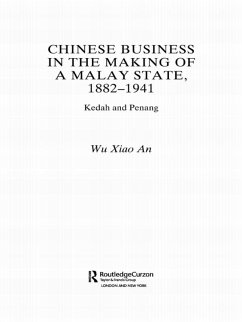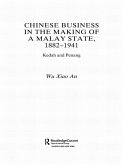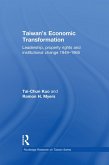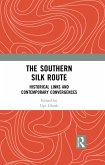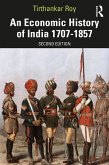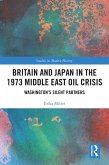This book examines how Chinese family and business networks, focused around activities such as revenue farming, including opium, the rice trade, and pawnbroking, and related legal and labour organization activities, were highly influential in the process of state formation in Malaya. It shows how Chinese family and business networks were flexible and dynamic, and were closely interlocked with economic and social structures, around which government, and states, developed. It considers the crucial role of wealth and power in the process of state formation, and challenges accepted views of Chinese ethnicity and migration.
Dieser Download kann aus rechtlichen Gründen nur mit Rechnungsadresse in A, B, BG, CY, CZ, D, DK, EW, E, FIN, F, GR, HR, H, IRL, I, LT, L, LR, M, NL, PL, P, R, S, SLO, SK ausgeliefert werden.

